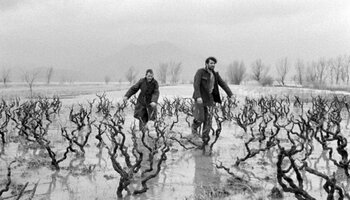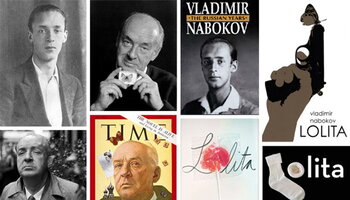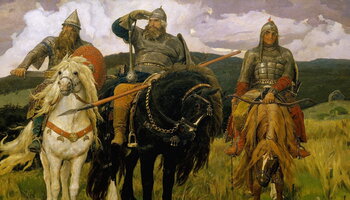Slavic Languages & Literatures
Block Reference
- As a part of the Bulgarian Studies Initiative, sponsored by the Republic of Bulgaria and jointly organized by REEEC and the Slavic Department, Iliyana... Read full story Slavic Welcomes a New Bulgarian Studies Lecturer
Events
Block Reference
More News
- On September 28, 2025, REEEC, the Department of Slavic Languages & Literatures, and the Ukrainian Studies Fund hosted a public engagement event in Chicago at the Ukrainian Institute of Modern Art. This event raised over...
- The annual Slavic talent show and awards ceremony on May 1 showcased a large number of awards won by Slavic language students, from national awards and honor society memberships to local scholarships and fellowships. ...
- Congratulations to Prof. Valleri Robinson (Theatre), who has received a 2025-2026 U.S. Scholar Fulbright to develop the book, “Directing in Context: Javor Gardev’s Theatre of Vulnerability, 1994-2024.” Gardev’s theoretically...



